JAMAICA | Banish The Visa For Justice Regime. It Diminishes Us !
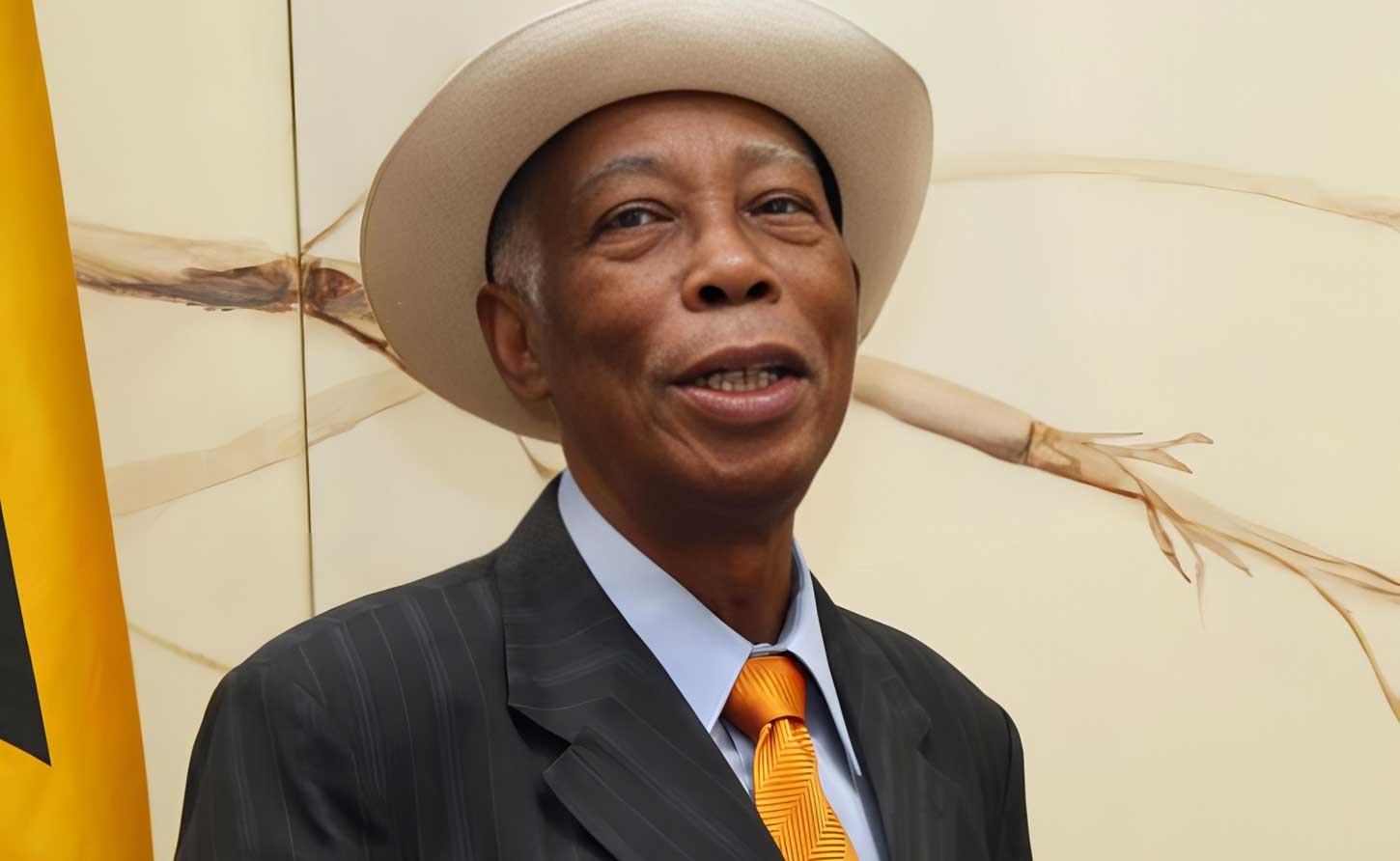
KINGSTON, Jamaica January 26, 2025 - Hansard has recorded that the Opposition has thrown down the gauntlet, protesting that it cannot be in the people's interest to be pressed to abandon the monarchy while remaining bound to the inaccessible court of the monarch from whom they would have delinked as their head of state.
The argument states that such a proposal from their Government is a gross insult to Jamaicans, who are pressured to forfeit their dignity and self-respect by becoming the only people on Earth bound by the visa requirement for judicial access.
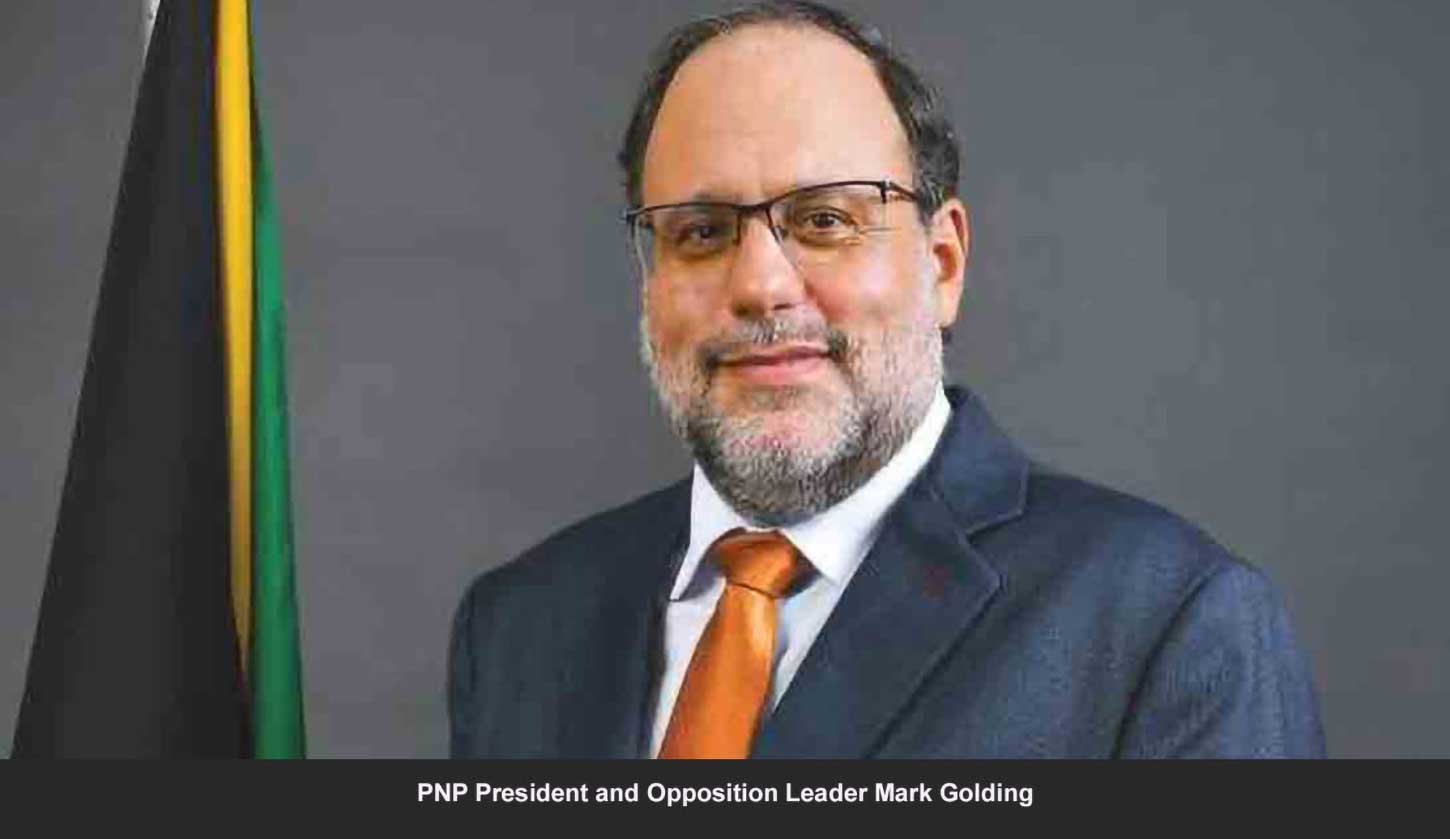 Some oppose the proposal outright, while others oppose the Caribbean Court of Justice regardless of circumstances.
Some oppose the proposal outright, while others oppose the Caribbean Court of Justice regardless of circumstances.
Fundamental freedoms allow lawyers, for example, to support and extol the merits of such a proposal. It may, though self-serving yet legitimate, form the basis for negotiations between authorities and wealthy entrepreneurs.
However, it is not a proposal that can, by any reasoning, be thoughtfully presented to the people by the government, their employees.
An opposition party would never be forgiven for sanctioning this affront, particularly with an accessible, internationally accepted court available, established in part with Jamaican tax dollars.
The situation has reached its critical point. The Opposition has decisively acted on behalf of Jamaica's vast majority, who have lived outside the wealthy zone for generations.
This day arrived despite the strong warning given during the 2011 Charter of Rights debate in the House of Representatives, which concluded the first phase of the reform process.
The legislative framework for the Charter and preparatory work for creating the Caribbean Court of Justice were pursued simultaneously, anticipating that new rights would be adjudicated by judges attuned to local cultural norms and dynamics.
Both leaders addressed the imperative of finding consensus and working together for successful full independence.
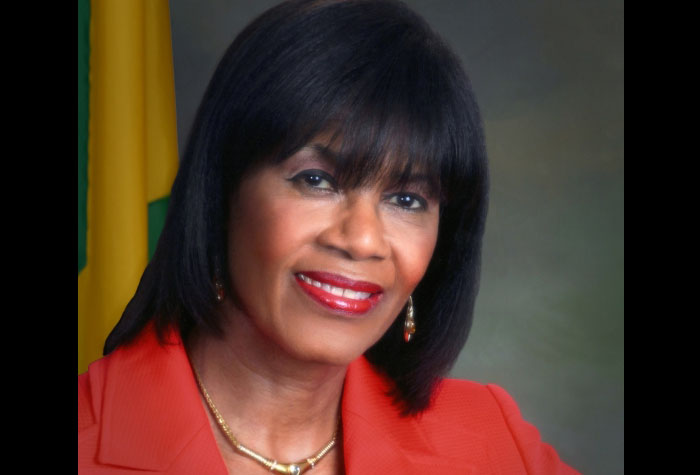
As Opposition Leader Mark Golding advised the first meeting of the Joint Select Committee considering the recently tabled Republic bill, Prime Minister Bruce Golding, after noting challenges in the political referendum pathway, clearly communicated the cardinal rule for reform success:
"What the framers of the Constitution were saying is that there are some things that are so important that it is not just a matter of counting up the votes to decide who has won; it is a matter of ensuring that both Government and Opposition can find common ground."
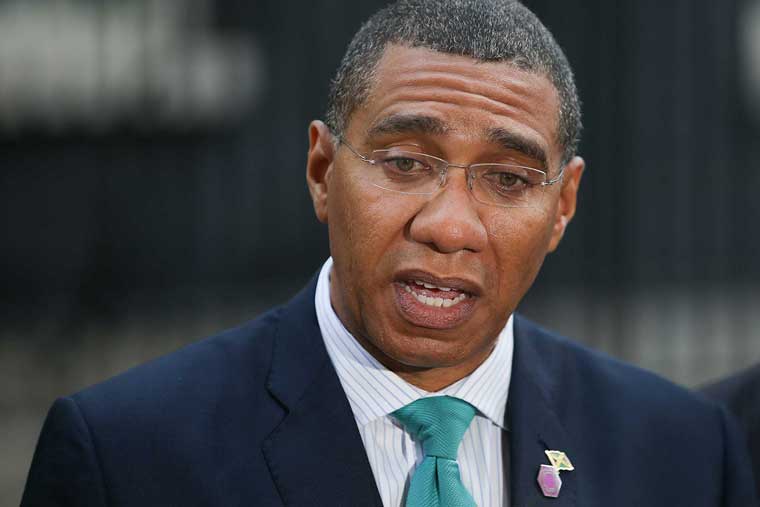
He followed his mentor, Edward Seaga, who pushed for courts to declare the proper constitutional route, then insisted that authorities and the public ignore the Privy Council's ruling requiring a two-thirds majority vote in each House.
In 2015, following a change in administration months after Prime Minister Golding's admonition, an unforgivable constitutional breach was discovered.
The courts found he had conspired with others to manipulate Senate membership rules to block access to the final court for less fortunate citizens.
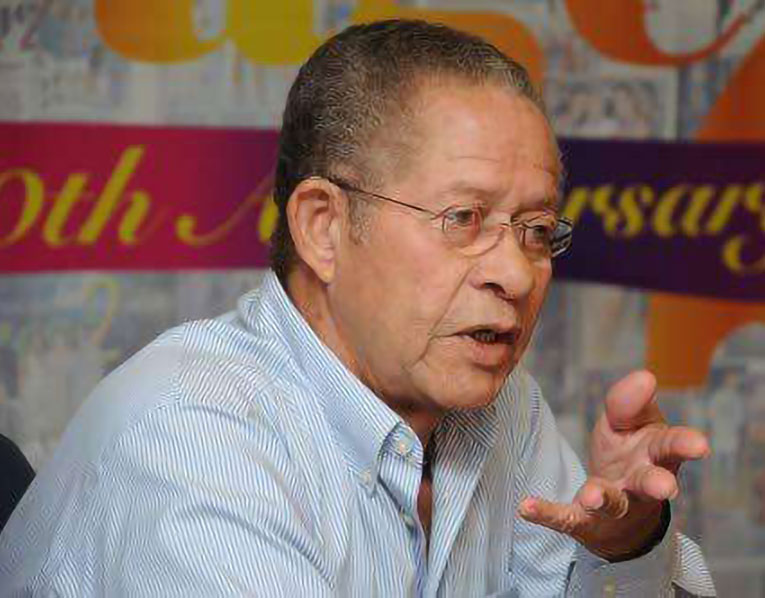
This presses legislators and Jamaicans to diminish themselves by amending the Constitution and voting in a referendum against their interests.
Across the Commonwealth, only two countries have abandoned the monarchy while maintaining the monarch's Court, and their people face no visa requirements for justice.
Success in achieving full independence requires no extraordinary measures.
Following the well-established Commonwealth path, including within the Caribbean region, combined with the consensual approach demonstrated in passing the Charter of Rights bill, the decolonization initiative could have been realized long after Bruce Golding's admonition.
Andrew Holness must now answer the Opposition Leader's legitimate questions.
We await Jamaica's head of government's commitment to eliminating the visa requirement for justice access.
It diminishes us !
AJ NICHOLSON
